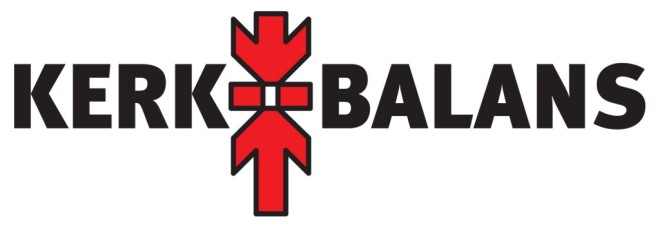This week, the annual numbers of the Church’s finances were released. In the Netherlands, roughly half of the Church’s income is generated by the Kerkbalans program, which calls on faithful to make their annual financial contribution. The other half of the financial means comes from regular donations, capital and holdings. The Dutch Church is financially self-sufficient in that there is no government funding, with the exception of buildings which are registered monuments. These are sometimes maintained via funds.
The most recent numbers over the year 2012 and are therefore accurate for one year ago.

A short overview of the most important statistics:
-
Income in general has dropped by 2.7%, or 3 million euros. The total stood at 104 million. About half of this came from Kerkbalans, which saw its own dropped of 2.8% to 57 million euros.
- Revenue generated by holding and savings increased slightly from 56.2 to 56.5 million euros.
- The income of parishes has dropped by 2.6 million, or 1.6% to 160.5 million euros. The drop has slowed down compared to 2011, when the loss totalled 3%.
- Parishes spent 177.5 million, which is 1.7% less than in 2011.
- Building maintenance and personnel costs fell by 0.5% and costs related to pastoral care by 2%. Other costs and payments fell by more than 6%, which is 2 million euros.
- The total deficit of the parishes is 17 million euros, 10.6% percent of the total income. This deficit is covered by existing capital and holdings, and has not changed since 2011.
- Income via Kerkbalans has dropped in all dioceses, with the exception of Groningen-Leeuwarden, where there is an increase.
- 40% of all Catholic households contribute on average 77 euros, a figure unchanged since 2011.
While the general image is one of decreasing income, there are also hopeful signs. Parishes have managed to decrease some of their costs and have kept their deficit at the same level. In this case, no increase is good news. The fact that one of the seven dioceses has shown an increase in Kerkbalans income is a hopeful sign for the future. Perhaps other dioceses can follow suit.
But for the immediate future the financial situation remains serious. It is not a situation you want to maintain indefinitely. The difference between costs and income must grow smaller in the future.
It is good te remember that this is the reason for serious and sometimes painful decisions on the part of the bishops: parish mergers church closings, decisions that have caused much pain in faith communities. But it must be understood that money is a necessary evil in these cases: it is simply necessary to keep communities, parishes and organisations afloat. And if the money isn’t there…
Dutch Catholics traditionally give less than their Protestant neighbours to Kerkbalans. This may well be due to a cultural difference: social cohesion and loyalty is often far more deeply ingrained among Protestants, so they are more likely to give in various ways to keep their communities afloat. We Catholics could learn from that. In essence, if we want something from the Church, we must also give something to the Church. That’s simply how it works.